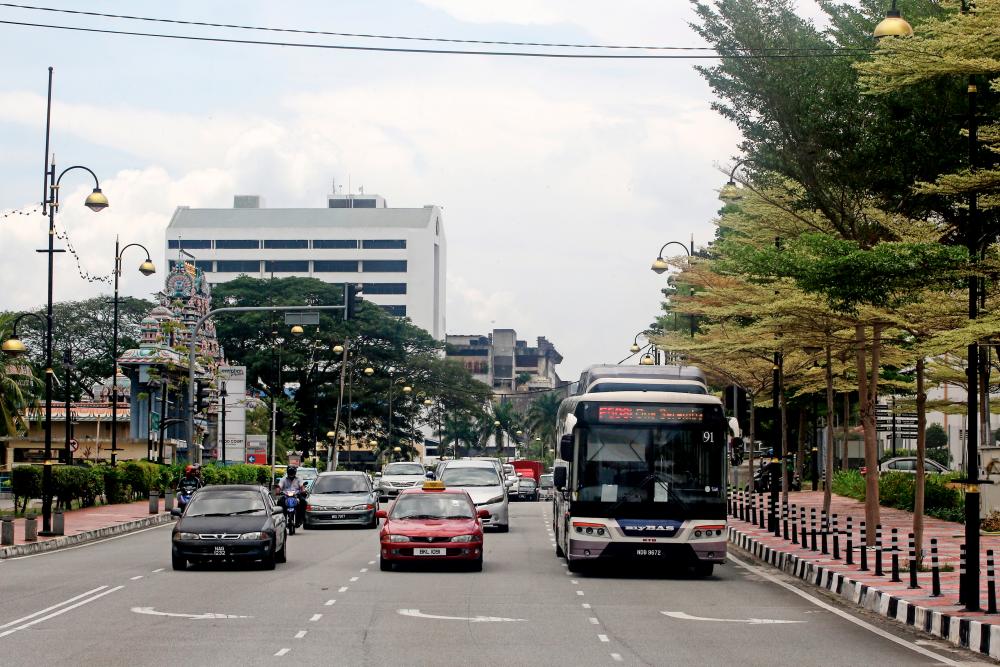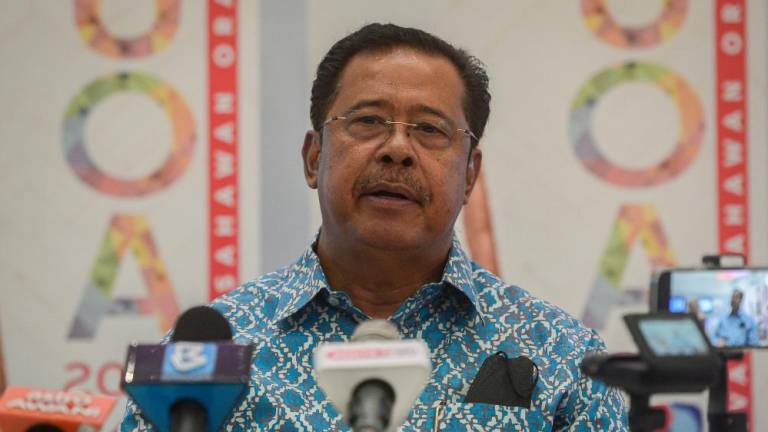MALAYSIA faces severe traffic congestion, it is time to break the gridlock nationwide. Amid public transport challenges, bike sharing stands out as a sustainable solution.
Malaysia is ranked the fourth-most congested country in Southeast Asia and ranks second-highest in CO2 emissions. An average of six million cars enter the nation’s capital a day, resulting in approximately 135 minutes of commuting time on the road.
Malaysia has various choices of public transport, but why do people refuse to take them? Not all housing areas have access to public transport. Numerous commuters will have to drive to the LRT station and find parking, which is time-consuming.
The lack of punctuality and overcrowding on public transport dissuades people from utilising it, often resulting in tardiness for work. The absence of estimated time arrival boards and reliable schedules for bus services exacerbates the issue.
Additionally, there are instances where individuals are unable to board buses due to long queues and an inadequate number of available buses. It is high time for the government to take action. Promoting cycling, as seen in China, should be considered as a viable solution to alleviate transportation issues.
Bike sharing was first introduced in 2016 in Shanghai and Beijing, China’s capital and most populous cities. Shared bikes are gaining popularity in China due to their convenience as the bikes are equipped with GPS chips, enabling users to locate them through their smartphones.
Users can unlock the bicycle by scanning the QR code and completing payment electronically, making it convenient and user-friendly. By November 2016, Shanghai had 1.5 million shared bikes, amounting to approximately one bike for every 16 residents. During the same period in 2017, Beijing had 15 operators collectively managing around 2.3 million shared bikes.
At US$5.7 billion (RM27.2 billion) in 2022, China’s bike-sharing market is the largest in the world and has a 31.6% market share by year-end. Moreover, Malaysia has the opportunity to develop a thriving shared bike industry, leveraging China’s success for potential growth and market penetration.
Major cities across China such as Guangzhou, Tianjin and Yichang have initiated cycling plans recently, inspired by the Chinese government’s push to use cycling as a way to reduce road congestion.
Hence, bike sharing has already become the third largest mode of transport in China. Concurrently in Malaysia, the government should prioritise expanding cycling lanes to promote bike sharing nationwide, beginning with the densely populated Klang Valley.
By targeting students and working adults as a start, bike sharing can alleviate the cost of fuel, parking and public transport for short trips.
If bike sharing can be replicated as in China, this will significantly reduce pollution and traffic congestion in Malaysia.
It is time to take the first step towards a better tomorrow. Together, we can mitigate the effects of traffic congestion and pave the way for an accessible and dynamic Malaysia.
The writer is a student of Tunku Abdul Rahman University Management and Technology. Comments: letters@thesundaily.com










